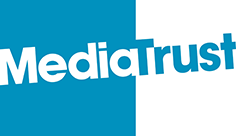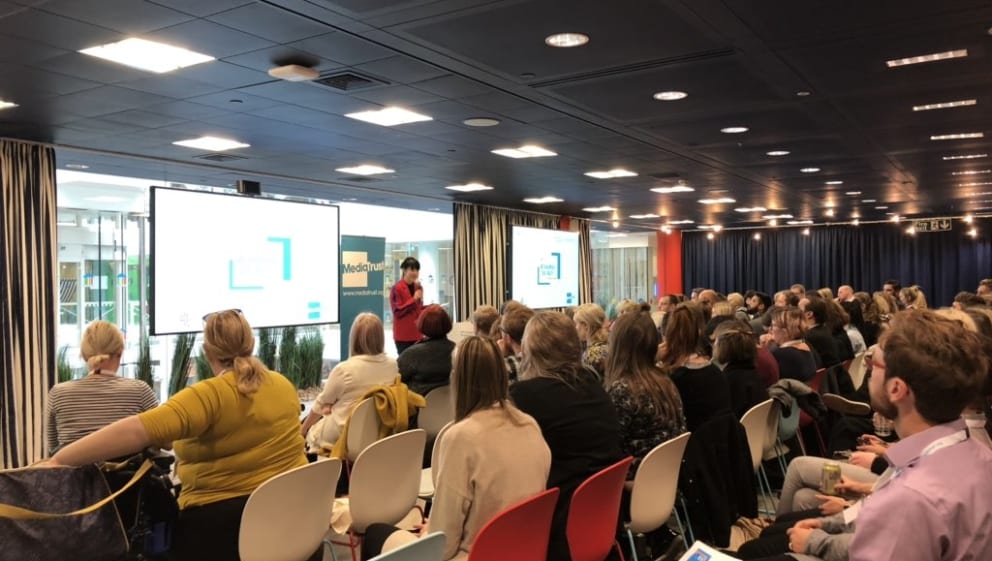Thank you to all of the delegates who took part in Monday’s summit who included representatives from these charities: Access Sports, Aspire, Challengers, Disability Rights UK, Dystonia UK, Ealing Mencap, Inclusion London, National Autistic Society, Remap, Scope, SEAP Advocacy, Stopgap Dance Company, Thera Trust, Three Cs, Trust for London, UnLtd, Wheels for Wellbeing and Young Epilepsy, as well as the representatives from these media organisations: the BBC, BBH, Buzzfeed, Channel 4, CNN International, Creative Brief, DMG Media, Elvis, Facebook, Google, ITV, MediaCom, Omnicom, Transform & Communicate, Turner, Twitter, Wavemaker, Weber Shandwick and Zoonou.



